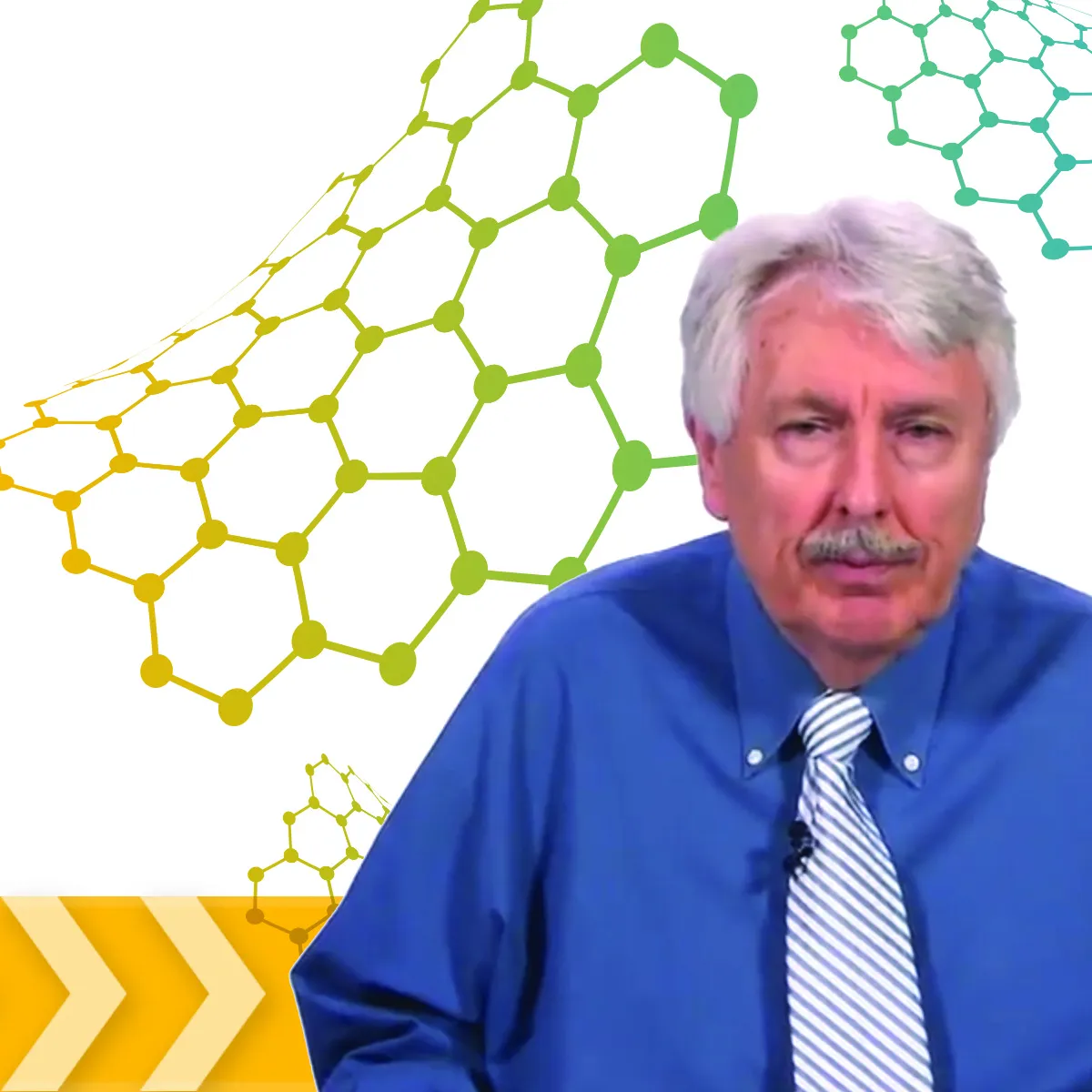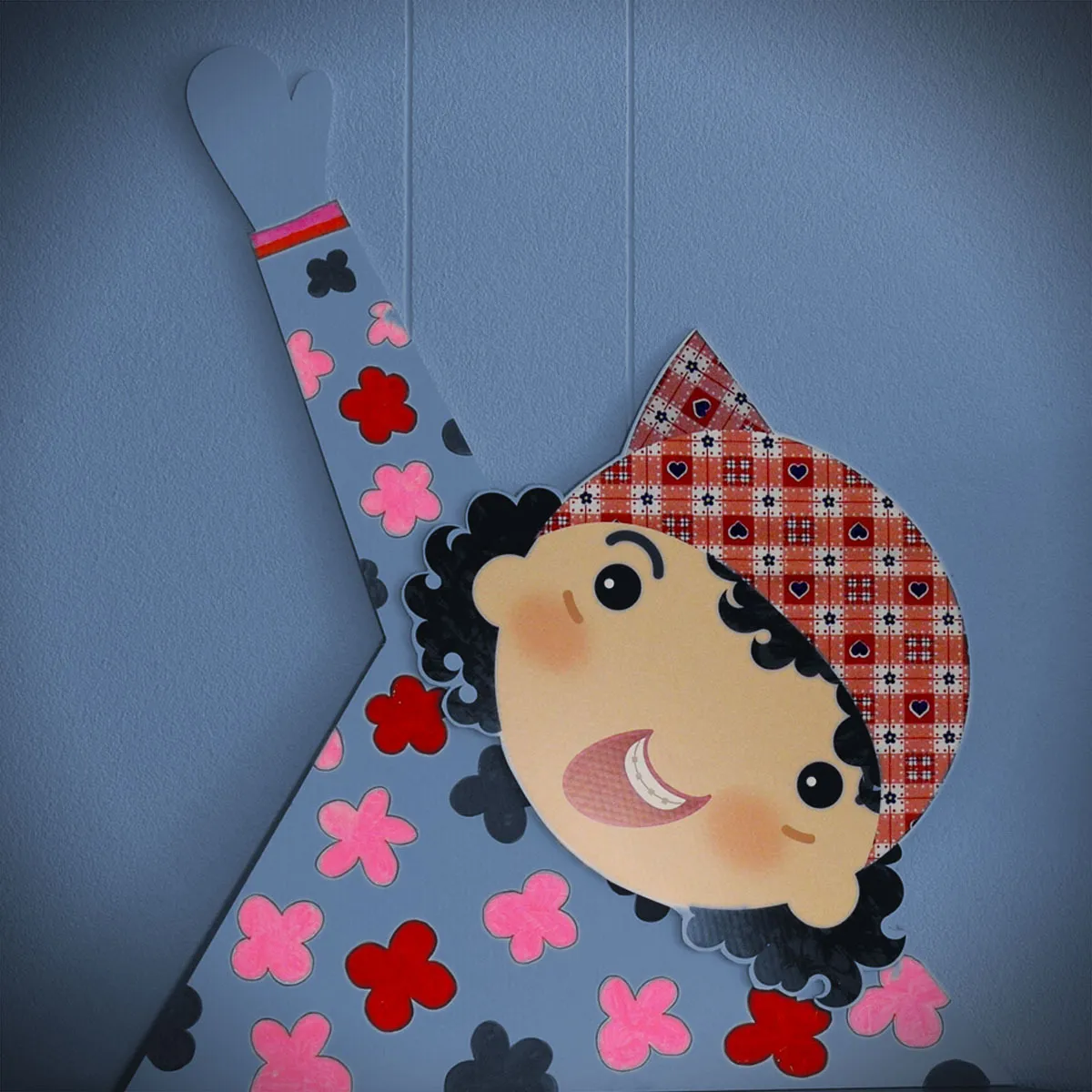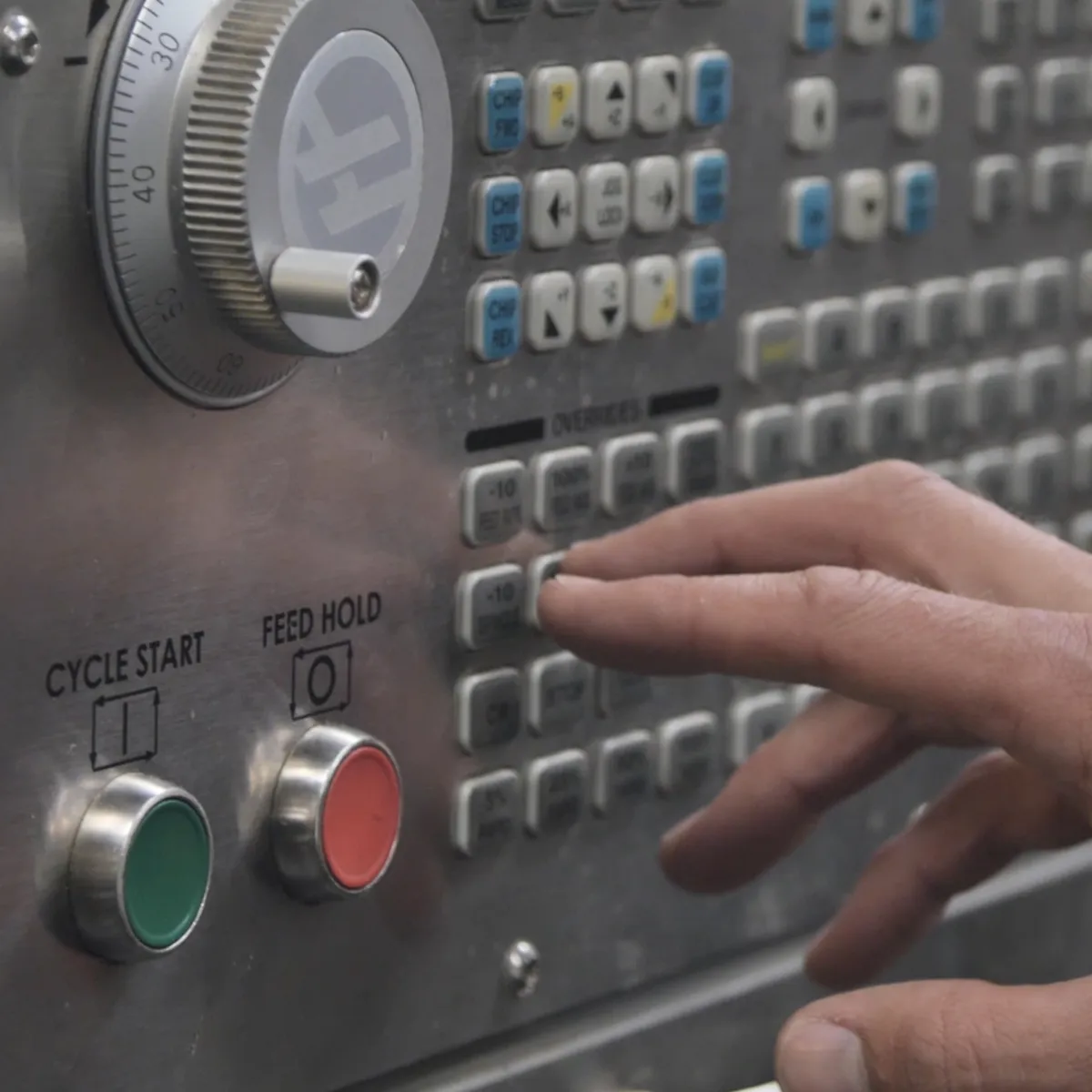
Material Behavior 
This course will explore the fundamentals of materials science, including atomic structure and bonding, crystal structure, atomic and microscopic defects, and noncrystalline materials such as glasses, rubbers, and polymers. You will learn how a material’s properties are determined by its microstructure, which is in turn determined by composition and the processing that the material has undergone. Through this course, you will gain a better understanding of the engineering materials used in the world around us and why ceramics are hard and brittle while metals tend to be ductile, why some materials conduct heat or electricity while others are insulators, and why adding just a small amount of carbon to iron results in an alloy that is so much stronger than the base metal. ▼
ADVERTISEMENT
Course Feature
![]() Cost:
Cost:
Free
![]() Provider:
Provider:
Coursera
![]() Certificate:
Certificate:
Paid Certification
![]() Language:
Language:
English
Course Overview
❗The content presented here is sourced directly from Coursera platform. For comprehensive course details, including enrollment information, simply click on the 'Go to class' link on our website.
Updated in [May 30th, 2023]
This course is designed to help students better understand the engineering materials that are used in the world around them. It will provide an introduction to the fundamentals of materials science, including atomic structure and bonding, crystal structure, atomic and microscopic defects, and noncrystalline materials such as glasses, rubbers, and polymers. By understanding the behavior of materials, users will gain a better appreciation of the properties of the materials they use in their everyday lives.
Possible Development Paths:
This course is the first of three Coursera courses that mirror the Introduction to Materials Science class that is taken by most engineering undergrads at Georgia Tech. It is an ideal starting point for those interested in pursuing a career in materials science or engineering. It can also be a great way to gain a better understanding of the materials used in everyday life, such as the metals, ceramics, and polymers used in consumer products.
Related Learning Suggestions:
For those interested in furthering their knowledge of materials science, there are many other courses available. These include courses on the properties of materials, such as strength, toughness, and electrical conductivity, as well as courses on the processing of materials, such as heat treatment, welding, and machining. Additionally, there are courses available on the design of materials, such as composites and nanomaterials, and courses on the applications of materials, such as biomedical materials and energy materials.
Course Provider

Provider Coursera's Stats at AZClass
Discussion and Reviews
0.0 (Based on 0 reviews)
Explore Similar Online Courses

Childrens Human Rights - An Interdisciplinary Introduction

Logging in Golang - Lesson 18 Go Full Course CloudNative Go Tutorial Golang

Python for Informatics: Exploring Information

Social Network Analysis

Introduction to Systematic Review and Meta-Analysis

The Analytics Edge

DCO042 - Python For Informatics

Causal Diagrams: Draw Your Assumptions Before Your Conclusions

Whole genome sequencing of bacterial genomes - tools and applications

Cyber Security in Manufacturing

Creating Toolpaths for a CNC Lathe


Start your review of Material Behavior